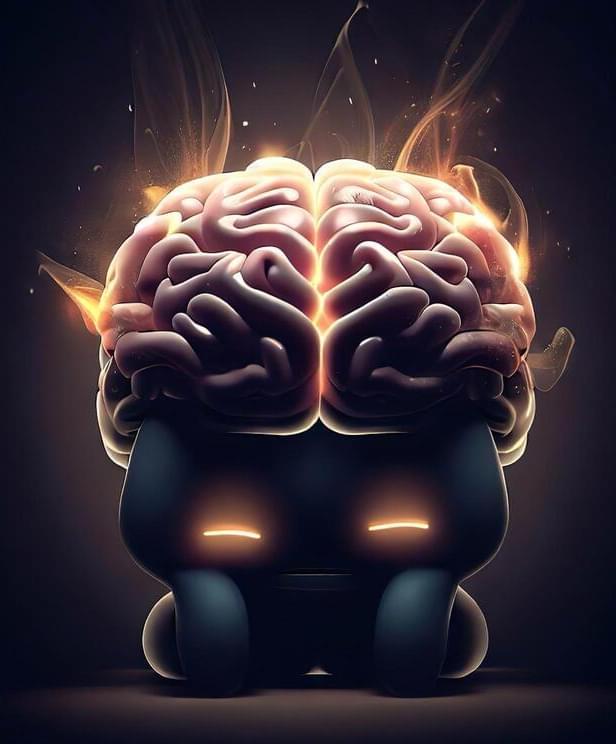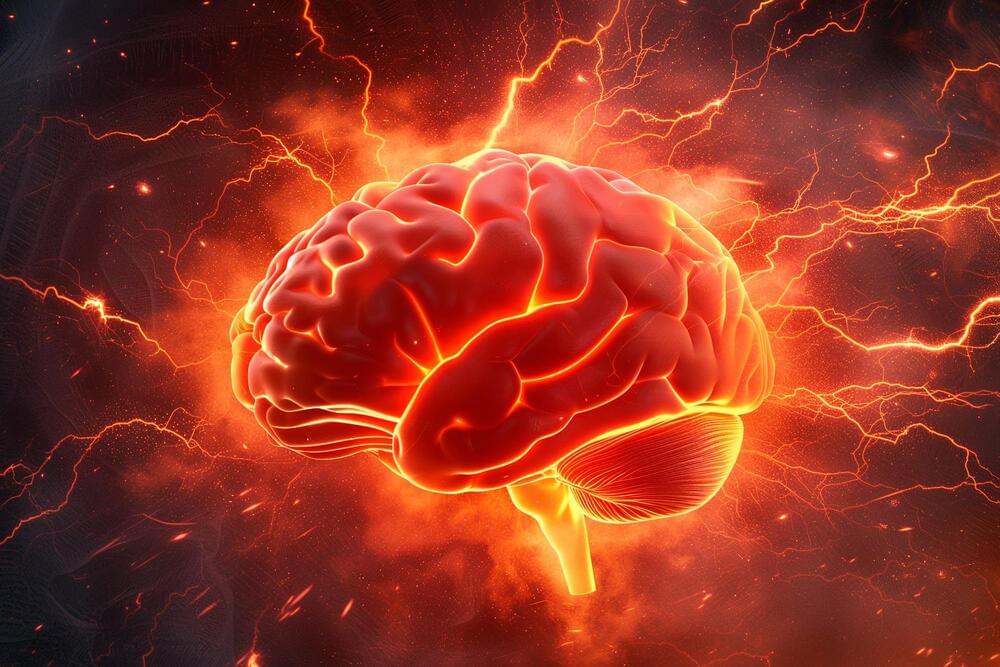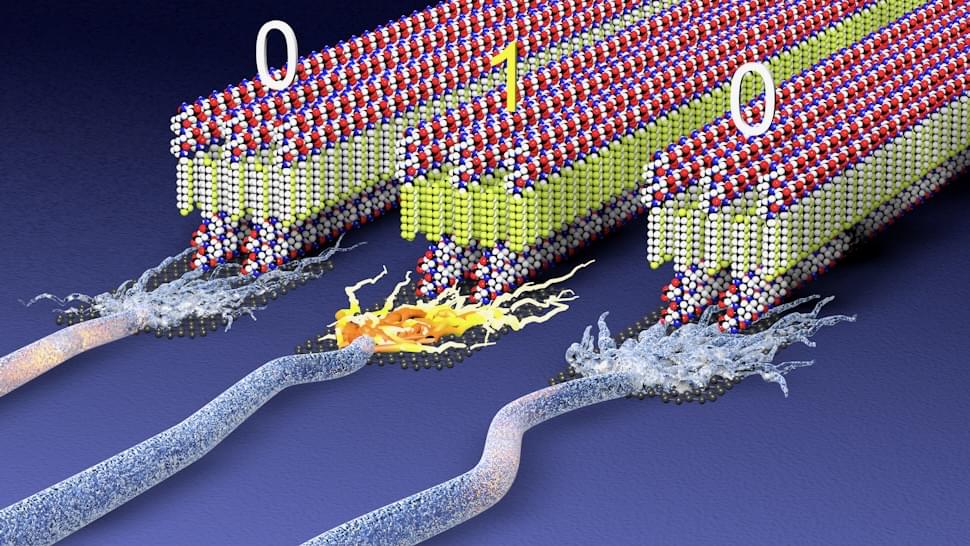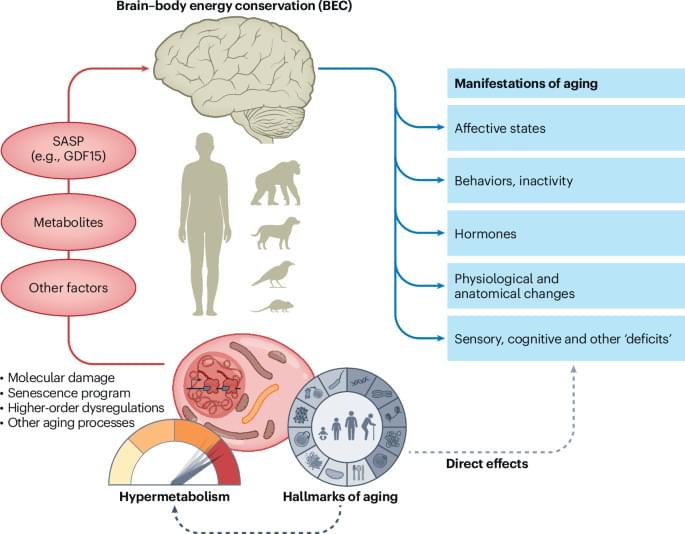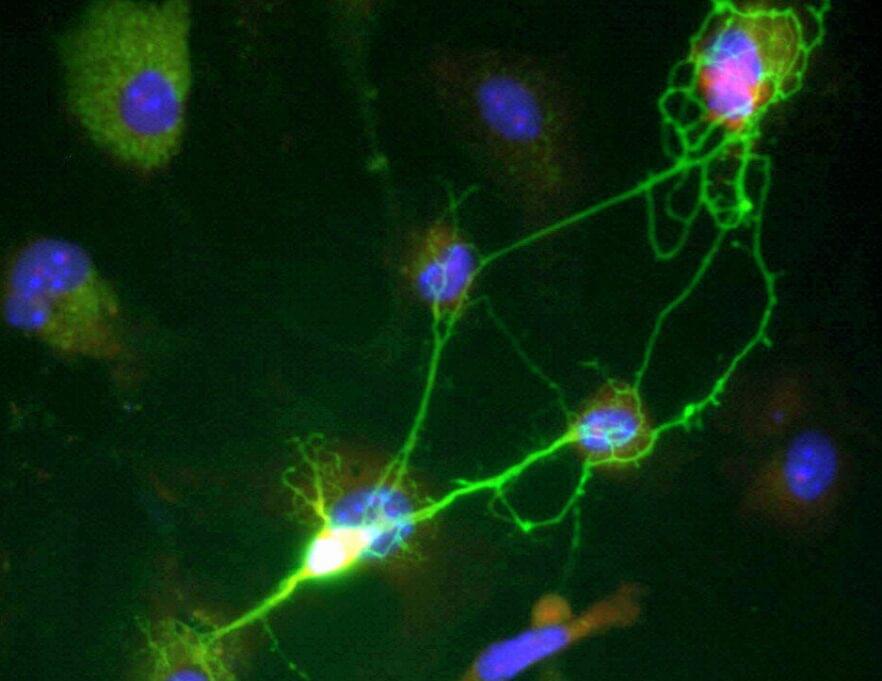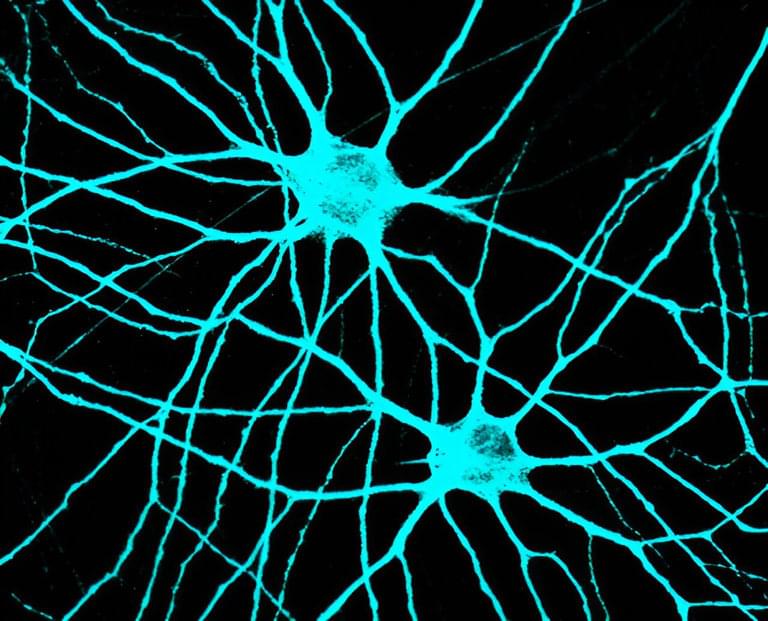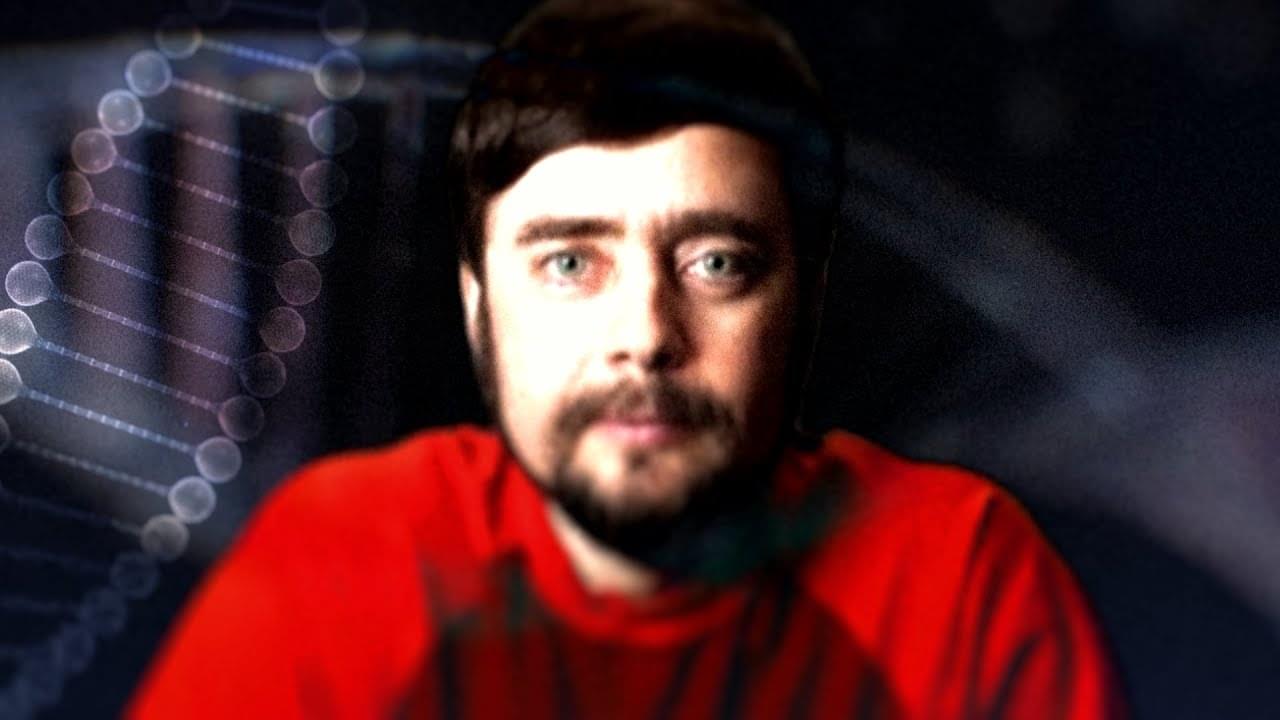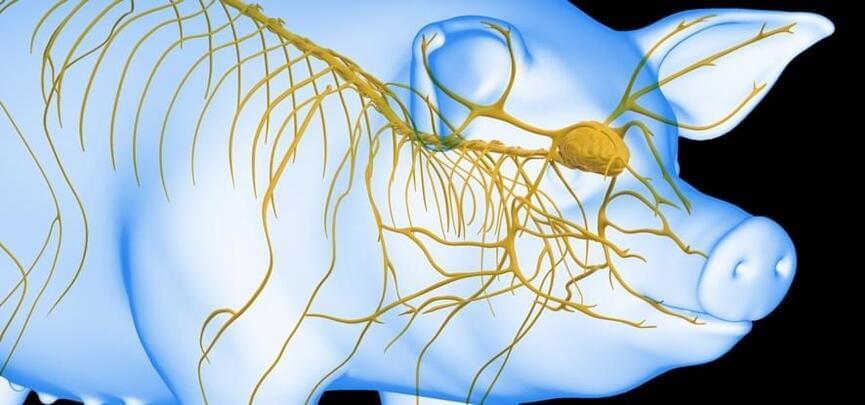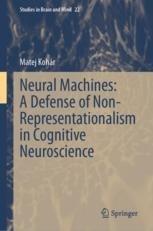Oct 26, 2024
The Science Behind Inflammation’s Hidden Role in Depression
Posted by Saúl Morales Rodriguéz in categories: biotech/medical, neuroscience, science
New research underscores the role of the immune system in depression, linking inflammation to poor response to standard antidepressants and highlighting the importance of personalized medicine in addressing different biological patterns in depressed individuals.
A collaborative study between researchers from the UK and Italy has uncovered new insights into the biological mechanisms of major depressive disorder (MDD), with a particular focus on the role of the immune system.
The researchers examined “gene expression,” which refers to the process by which the instructions in our genes are activated, influencing bodily functions.
